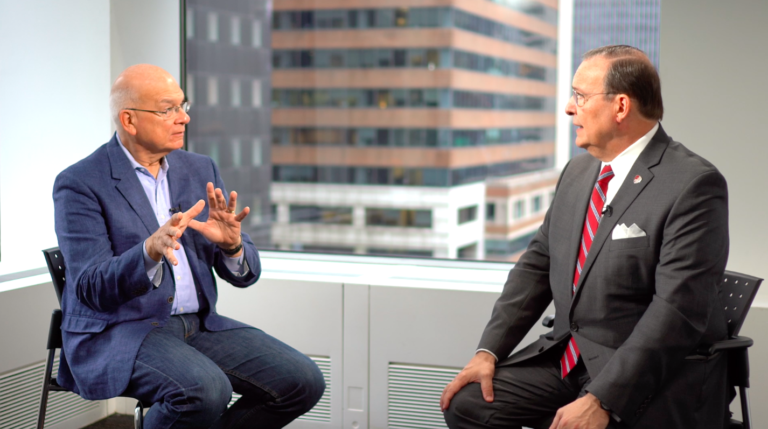I have lately found myself wondering if perhaps some of my past writing on the affairs of my home communion, the Presbyterian Church in America, has relied on using Tim Keller's proposed categories for our church in ways that Tim himself did not necessarily embrace.
Login to read more
Sign in or create a free account to access Subscriber-only content.
Topics:
